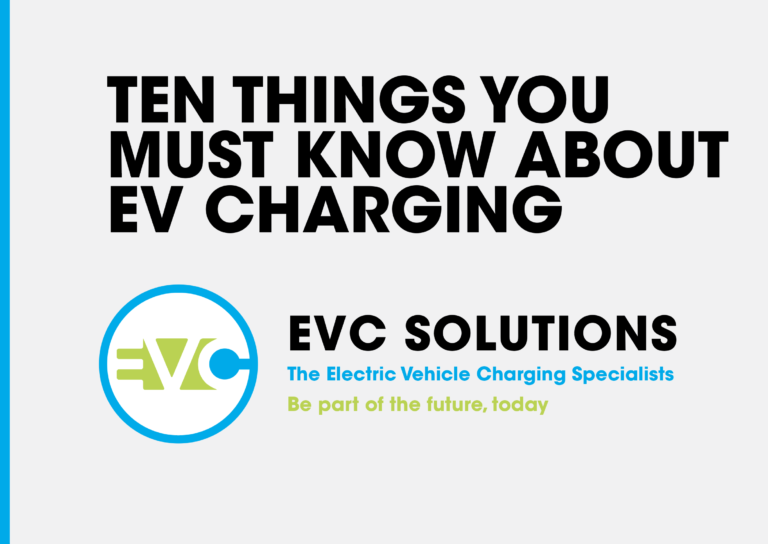Installing electric vehicle chargers is a necessary part of the electric car journey, but at what environmental cost?
At a conservative estimate, installing 50-100 million electric vehicle charge points to service every Battery Electric Vehicle (BEV) in the UK by 2030 will require 500,000km of power supply cabling. That’s enough to circle our planet 12 times.
Each charge point uses somewhere around 10m of cable and it is chunky stuff to carry the power needed for a modest size charger.
Electric vehicle charge points are an integral part in the cycle of our national move to BEVs and yet the environmental impact of the charge point, it’s associated components and the installation process is being largely ignored.
The plastic housing of an EV charger is typically used to cover all the electronics and other important stuff which allows you to charge your vehicle safely and reliably. It resists all kinds of weather and dirt so that you never go off-line and are always able to charge.
It is an important part of the charger and is not to be under-valued, but at approximately 0.5kg of material per charger, it is significant. Using the same numbers as the cabling that is 25,000 tonnes of plastic and somewhere around the same in cubic metres.
If these plastic shells were to become waste to manage they would cause an environmental problem. They are an odd shape and don’t ‘pack’ well so there would be a lot of wasted space in transportation. It would be rather like filling your car boot with kitchen furniture that doesn’t flat pack – you don’t get much in. We estimate that the 25,000 tonnes of plastic could easily become 10 times the volume and that would be enough to fill every Premier League stadium in the UK to waist height.
It’s not just the physical components that are a problem. The installation of the EV charger has its own impact. A modest journey of 10 miles travel in each direction to the installation location would be something like 150 million litres of fuel consumed to get the 2030 job done.
As part of our commitment to both the
‘Race to Zero’ United Nations scheme and the
‘Pledge to Net Zero’ initiatives, EVC are working toward being the change required to stop the ironically huge environmental impact we will have in trying to save the planet!
For example, we will be careful in our selection of plastics used and are optimising the design of the casings with lower weight and volume for the mouldings. We are also looking at having recycling and re-use strategies for the cabling, and will be carrying out installations using electric powered vehicles, as soon as possible.
We will provide our customers with data in all of these areas, so that they can make positive and informed decisions for your own installations.
With EVC’s commitment to the two Net Zero schemes mentioned, we are just starting but are very excited about what it can mean as we all make this vital transition away from relying on the Internal Combustion Engine for our transportation needs.
E – We are placing our
Environmental footprint at the heart of our business.
V – We want to do this with high
Velocity – we need speed to all get there on time.
C – We will measure our
Contribution to this challenge and report progress as we learn how to do it.
We are learning and therefore your thoughts on this very big topic are always welcome.
At EVC we do business that won’t cost the earth. Be part of the future, today.
Contact EVC Solutions on 03300 904030 or or hit the CHARGE ME UP button below.
Want to know more about EV Charging? Download ‘10 Things You Must Know About EV Charging’ here.

